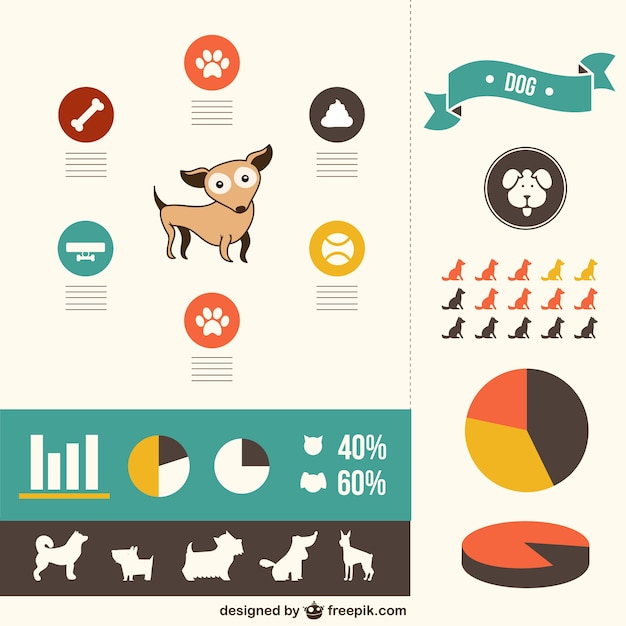Pets in day care receive great deals of workout, socialization with other pets and special experiences. This can be especially useful for puppies and pets with behavior issues.
There are numerous lawful considerations you need to take into consideration when beginning a dog childcare organization. These consist of the framework of your organization and conformity with government regulations.
1. Canine Distemper
Canine distemper is spread with straight contact with the bodily liquids and waste of a contaminated pet dog, yet it can additionally be sent via common water and food bowls or through airborne droplets. This highly contagious disease is most harmful for puppies, but it can impact dogs of any age and is fatal for most if left neglected.
Preliminary signs of canine distemper commonly simulate an acute rhinitis, consisting of dripping eyes and nose with watery or pus-like discharge. As the condition proceeds, a pet dog will certainly establish high temperature, coughing, minimized hunger, vomiting and diarrhea. The virus can also attack the nervous system, resulting in seizures, twitching and partial or complete paralysis.
Reliable daycares decrease exposure to infection by requiring vaccinations, regular health examinations and adhere to rigorous health procedures. If your puppy seems overly exhausted or limping, a day of rest might aid him recoup, however you must prevent taking him back to day care up until these symptoms clear up.
2. Kennel Cough
Kennel coughing, additionally called contagious canine tracheobronchitis or Bordetella, is a highly contagious viral or microbial condition that influences the breathing tract. It's commonly moved via the exchange of saliva or air beads that an ill canine exhales. Social pets go to higher risk for infection as a result of their constant interaction with one another, such as when they play, share food or water, smell each other or just meet in a jampacked atmosphere like a canine park or daycare.
One of the most typical symptom of kennel coughing is a relentless and powerful cough that sounds like something embeded the throat or retching. Typically, canines will cough up frothy white phlegm. If left untreated, a dog can create pneumonia and go to major risk permanently.
A credible day care facility should have rigorous cleaning and sanitation methods, sterilize all toys, food and water bowls consistently, and be open concerning their vaccination policies. Maintaining your canine up to day on their vaccinations, especially for bordetella and canine flu, will significantly reduce their opportunities of acquiring the ailment.
3. Parvovirus
Canine parvovirus, or parvo, is an extremely contagious viral ailment that can be dangerous for puppies and young person pet dogs with poor body immune systems. It's most typically spread out by straight contact with contaminated pet feces-- which can happen when pets sniff, lick, or taste contaminated feces-- and indirectly from contaminated individuals, items, or settings (like kennels, grooming areas and yards). Puppies and pet dogs without complete inoculation histories are specifically prone to parvo.
The virus is very resilient, making it through in the environment for as much as nine years, and can quickly be transferred in between canines by call with feces or on footwear, clothes, and bed linens polluted with parvovirus. Otherwise treated promptly with IV fluids, electrolyte balance, vomiting control medicines and antibiotics to avoid secondary microbial infections, a pet will quickly dry out and develop extreme diarrhea, which causes shock and sepsis. Parvo is tough to heal once a pet has ended up being ill, but with proper vet care, several puppies do endure this illness.
4. Pooch Influenza
Pooch influenza infection is extremely transmittable and spreads with direct get in touch with, sharing food and water bowls, licking or nuzzling other pets, through air-borne droplets, and via polluted surface areas. Vaccination works in reducing the threat of infection and break outs.
The majority of affected pets create a moderate respiratory system infection with a cough that lasts 1-3 weeks. They might likewise have nasal and eye discharge, sneezing, and lethargy. Several of the most severe cases lead to pneumonia and a high fever.
If your pet displays any one of these signs, do not bring them back to childcare until they are healthy and balanced. If your pet is showing indicators of extreme exhaustion or limping, talk with your veterinarian immediately and make sure they get on health best dog daycares near me supplements to help construct their resistance. A veterinarian will certainly evaluate your pet dog for signs of the flu by taking an example from the nose or throat, and blood tests can be done to validate.
